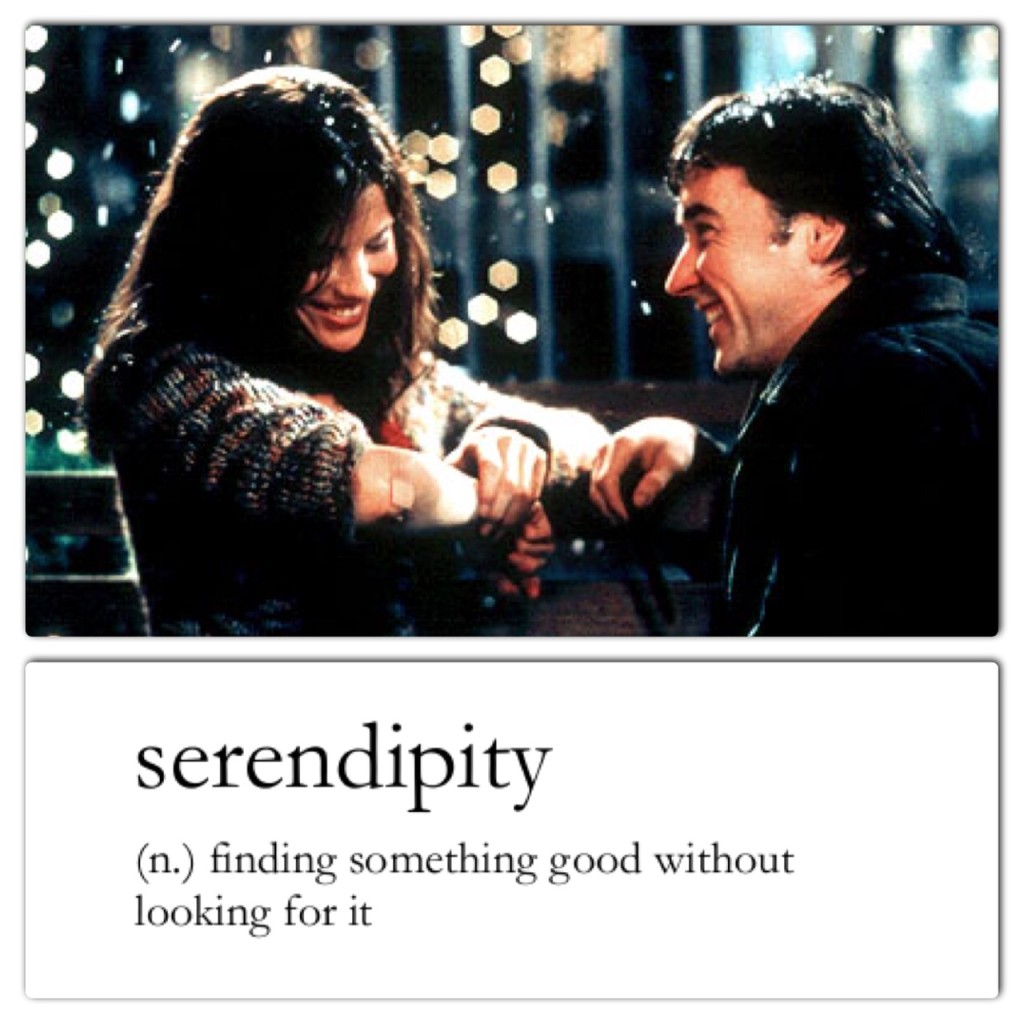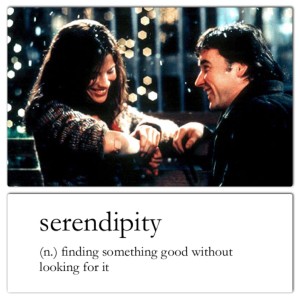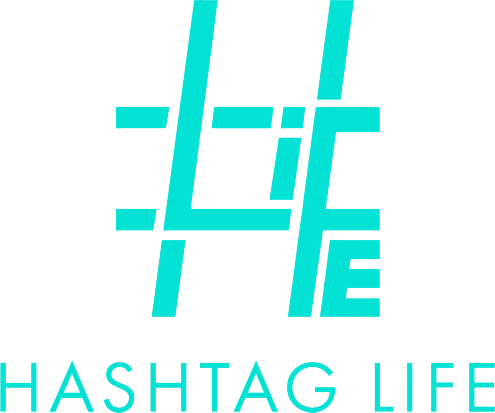
People don’t arrive in your life by accident – you sent out the invite… always.
 I was sitting on a high stool, by the kitchen work top, watching the chefs pile up ingredients on pizza bases. That man is touching someone’s mozzarella, I thought. But then, as usual, my thoughts developed into something more profound. I was so grateful to be seated as far away as possible from the meaningless dsk-dsk-dsk that bellowed from the adjoining bar through the restaurant of this city venue. I’m certain the last time I was here they played music with actual lyrics. Or maybe, a mere few years earlier, dribbled-beats, interrupted only by a robotic female voice echoing incomplete sentences, qualified as lyrics to me.
I was sitting on a high stool, by the kitchen work top, watching the chefs pile up ingredients on pizza bases. That man is touching someone’s mozzarella, I thought. But then, as usual, my thoughts developed into something more profound. I was so grateful to be seated as far away as possible from the meaningless dsk-dsk-dsk that bellowed from the adjoining bar through the restaurant of this city venue. I’m certain the last time I was here they played music with actual lyrics. Or maybe, a mere few years earlier, dribbled-beats, interrupted only by a robotic female voice echoing incomplete sentences, qualified as lyrics to me.
I’d been excited to come back into the city, because I remember the feeling I’d get flitting down the cobbled streets in stilettos: beauty. I always felt beautiful. And lo and behold, as I walked out of Bank station, putting on my most excellent look of perplexion whilst calculating which junction to cross at, although I know these streets like the back of my hand, the suits were everywhere. And they gave me those glances that only suits give a girl. And I played to them as I would in only one place in London: The City.
It’s the air of mystery, of fun, and of: “everyone is game” oozing from the barracks of trading rows in EC2, which I think had me so cocooned in blissful caterpillar-hood when I had worked in the city. A 22 year old fresh from the womb of university life, ready to play. Unfortunately I had never ended up playing very well, as I was in a betrothal of a relationship to a serial monogamist.
I’d left him, and the city behind, and my life moved more central – both literally, away from the city mile, and figuratively toward balance and steadiness. A normal, sad flow: the cycle of riding the tube with a variation of the same strangers, working in the same office, and venturing to more or less the same social outlets.
Gone was the exciting allure of the city, where I’d step onto the bottom of the escalators each morning, ready for them to deliver me into the daylight and thousands of comers and goers, any one of whom I could exchange a cursory glance with, which always, always held the promise of “maybe more.”
In the city, I’d had someone walk out of the tube station with me, and yell “Joanna! Wait up!” When I turned to respond to my name, I assumed I must have known him or that at least he knew me. As it turned out, he’d just seen my name on something I was holding, so I indulged the small-talk as I knew our paths would eventually diverge. Wrong. Turns out we were both headed in exactly the same direction. Same building. Same employer. We finally parted in the elevators two floors apart. It was sweet. But more so, it was proof of that promise, that I held onto when I’d sold my soul into city-life: that anything could happen. Various other such scenarios manifested themselves there, but the main crux was that these things didn’t happen outside of the city. There just wasn’t that magic.
This was normality.
So where in normality was I going to meet new people? Moreover, where and how was I going to find Mr. maybe-right?
Not in the office, was my first finding.
My profession isn’t a fun one to meet people in, when your heart and soul are made of the arts, and the people in your 9-5 talk one language: the language of money.
Then, one day, I saw him. Jake Gyllenhaal. I remember updating a status on some social media outlet stating “I had found Jake Gyllenhaal in my workplace.” A friend joked that she would finally start taking me up on those lunch offers, starting tomorrow. I refrained from clarifying that I was probably the only person on earth, that thought he looked like Taylor Swift’s twelfth of twelve hundred conquests. It didn’t matter, to me, it was him. His huge bedroom eyes, his piercing jawline, and his gaze… which seemed to stare through ten of your souls.
I decided there and then, that I had to have him. And it took two years of flirtation, to grapple with and understand the fact that although we may have been attracted to each other, we were absolutely not right for each other. It is nigh on impossible to accept that “the one you want” is not “the one you need.” In fact, for certain people, the two things can be so juxtaposed that they are absolutely inversely proportional. The more you want something the worse it might possibly be for you. Ekhart Tolle explains this via the ego. In short, we identify ourselves with the thing which we lay claim to. And when we can’t have, or when we lose that “thing”, it is as if a very part of us is being snatched away. It depletes our sense of self. Our sense of identity is being challenged because whether or not you notice it, that identity is formed through many miniscule choices, decisions and preference-statements.
A few years ago, I used to buy fur, and would revel in snuggling into the warmth it provided in the face of ugly London weather. I found myself one day feeling like I ought to “explain myself” to my manager. She had said nothing other than that she didn’t agree with wearing fur. I suddenly remembered a good friend at age 17 crying “you’re wearing BENJY!” her pet rabbit, as id walked into school in a fur jacket stolen fresh from my sisters closet. It all came rushing back, the sense of shame, of culpability, of self-explanation. I stood up at my desk and cried: “it was already dead! I would never kill a rabbit. I love animals! I’m sorry.” My team stared at me in silence. I sat back down, squeaked my chair forward and stared at my screen with utter dedication for the next fifteen minutes until the awkwardness passed. No one had asked me to explain myself. I had simply felt the “need” to. I felt judged. I felt guilty. I felt as though, because my choices were being challenged, that ‘who I am’ was also being challenged. This is similar to what happens, when we want something that we simply cannot have, or that the universe doesn’t want us to have. We feel as though because our choices are being challenged, that who we are is also being challenged. And in kicks our inner pre-evolutionary chimp, fighting for its existence. Survival of the fittest. It took me two years to talk my inner chimp out of holding onto not-quite-Jake-Gyllenhaal and fight its own inner koala bear, which just wouldn’t let go. It is very difficult to not let yourself be defined by the people you choose to mirror your preferences and tastes onto. But you are not your choices. You are not the people who choose you. You are not the people or circumstances who don’t choose you. You are your own being, and that is immovable, and not defined by any other being, but yourself.
Another place I don’t believe you meet people, is online. Firstly, human beings are not their e-harmonized selves. You are not your Instagram posts. You are not your Facebook page. And you most certainly are not your Tinder profile. Aside from the fact that we don’t even look like our online selves, (there is that viral meme that has circulated imploring girls to stop editing their photos lest they go missing: “how are we supposed to find you, if you look like Beyonce in your profile picture, and Chewbacca in person?” it pleas), I don’t believe we act or sound like our online personalities either. How many times have you written and rewritten a message to someone you are trying to impress? If you’re a female, how many group conversations do you have, solely dedicated to the purpose of editing and proof-reading your responses to the opposite sex? I personally resent it. It is a downward spiral where you find yourself acting like a much more over-thought, convoluted version of yourself. Gone is the crazy, you’d think, right? Since you have more time to think out and therefore control your impulses? Wrong. Everything is so over-thought you become a fun little lollipop triple-dipped in crazy. Aside from that, the other problem with meeting e-humans, is that the magic goes. The spark evaporates. The mystery disappears. Part of the age-old allure of being attracted to someone is the anticipation and the poring over whether or not they are attracted to you – the chase. Once you already know from the outset, the purpose for which you are both there, in this e-space, doing your people-shopping, then gone is the excitement and the build-up which traditionally used to give people butterflies. Butterflies are such a thing of the past, they haven’t even bothered to create an emoji for them on our phones. No one even needs them there.
The real magic lies, I believe, in that moment when you first clap eyes on someone and you each see different things rooted in the same attraction. Men, take most of what they need to know in through their eyes: their male Pleistocene ancestors would have looked for markers of fertility in a female, whilst men nowadays almost all look for the same traits in women. In a survey led by David Buss, over 37 different societies, the standards of female beauty were generally returned as the same around the globe. Men everywhere value clear skin, full lips, long lustrous hair, symmetrical features, shorter distances between the mouth and chin, and between the nose and chin, and a waist-to-hip ratio of about 0.7 (although everyone’s favourite Kardashian has potentially skewed this age-old evolutionary ratio in the last decade – let’s allow psychology to bear the fruit of the next ten years’ research on this). So, when that man sees that woman, he is struck by a vague and alluring sense of how this woman carries herself. If done with confidence, then this enhances physical beauty even more. How, can this be sensed via a 2D, quadruple-filtered, contrast-enhanced, brightness-adjusted, and “contour on fleek” photograph of yourself? It can’t be.
The same applies for females: women, generally, are attracted to men with larger pupils, who have symmetrical features, and who are slightly older, taller and stronger than they are. Women can be less compelled to care about looks than men – they are generally less visually stimulated. That’s because, as mentioned above, whilst Pleistocene men could pick their mates on the basis of fertility cues which can be discerned visually, a Pleistocene woman in a prehistoric environment could not gather enough food to provide for a family – therefore she would need to be able to choose a man not only for companionship but for continued support. And to this day, when a woman sets her eyes upon a potential mate, her time frame is different from his. So whilst a man may be subconsciously calculating your waist-hip ratio, women may subconsciously be looking for other signs: signs of trustworthiness for example, a skill which thousands of years of genetics and culture have honed into their senses. This is why we often refer to the “female gut” (something I am writing on in my next piece). This is how we develop our idiosyncratic choices. This is how, I can tell a poor speller just by looking at them. This is why I can sense an egotist a mile away, and my spikes prickle as soon as they so much as say ‘hello’ to me – I am en-guarde with that ego, before they even speak. And if you’ve ever felt yourself dispelling someone, or even whole categories of people, by just so much as an overall lack of attraction, those snap judgments tend to be astonishingly accurate in predicting how you will feel about the same person months later – of course, attraction can grow. The tide of opinion however, tends to rest on your gut’s first impressions. How your gut, can sift through 3G signals, internet firewalls, a dating app and a Samsung S5, to return accurate feedback on this however, is still undecided. The human gut just hasn’t evolved to deal with e-communication. And therein, I believe, all magic is lost.
I had given online-dating a spell a couple of years ago, when my non-single friends had all cumulatively told me not to be such a snob about it. I’d exchanged numbers with one guy, who I never ended up meeting, because as with most people you’ve never met, there was no sense of urgency, no intuitive attraction based on personal encounter, so I would let him know I was free next Tuesday and the Thursday after, and he in turn would reply that his only free days were Sundays and Mondays as he was on call/out of town/otherwise engaged. Then one day, buckling up my seat-belt on a plane, I received a text message saying “are you by any chance on a flight to London from Istanbul?” My heart stopped. Before I could reply, thank you technology, my phone battery died. I was too nervous to look around and search for him, and also wasn’t quite sure what exactly he looked like based on my memory of one online photograph a year earlier, but I remember spending the rest of the trip throwing my head back and laughing at everything my friend said (or didn’t say), twisting my hair around, and generally being irritatingly girly on an 11pm flight with tired company, just because I knew ‘he’ might be watching. When I got home that night and charged up my phone, I asked him why he hadn’t come to say hi to me. His answer was that he’d wanted to, when I looked ‘bored to tears’ at the baggage reclaim, but hadn’t known whether he should. Again, our communication reverted to “I’m free to meet three Wednesdays from now”, and the cycle repeated itself. Four months later, I was sitting at a coffee shop in South Kensington, stalling having to head into the office to work on a bank holiday. “Joanna?” a tall man said as he walked up from the table adjacent from me. It was him. The rest of the story is history, but I remember thinking of the irony, that the site we had each signed up to, with the construct of allowing strangers to meet each other, had not actually been operative enough in us doing just that. What had played a bigger role, I believe, was the universe itself, fate, serendipity, randomization, coincidence or whatever you wish to call it. But I believe it is these things which have kept the world and it’s societies going round for so many thousands of years, and which will continue to. Not kilobytes and pixels and hashtags.
So when anyone asks me “how do you meet people anymore?” My answer is very simply: “in person.” You meet people, in person. Your person knows exactly what it seeks, and everything that you do is built around that inward pursuit. I read a quote recently which said “people don’t arrive in your life by accident: you sent out the invite… always.” So go out, into the world. Don’t hide behind a wall of expectation – be the social animal you have evolved to be, and it is my promise to you that once you stop waiting for something to happen – that is exactly when it will.


love this! For a second there I thought you were talking about me, only that he was the Jude Law type of guy…similar stories, nonetheless. I absolutely agree that online doesn’t work…at least not for me….I admit it, I never put much effort into it….due to lack of serendipity and the excitement of the first moments when you indeed lay eyes on someone that might just be interesting. I am 100% agreeing with all your ideas in this article.